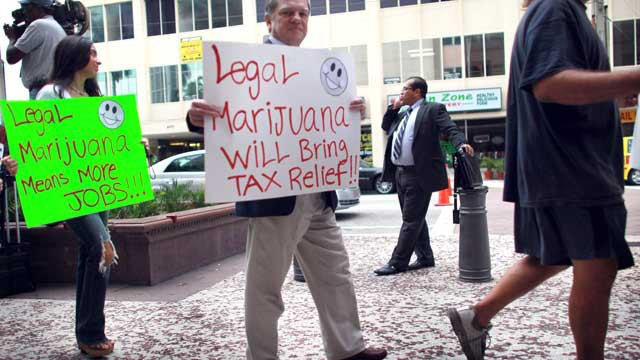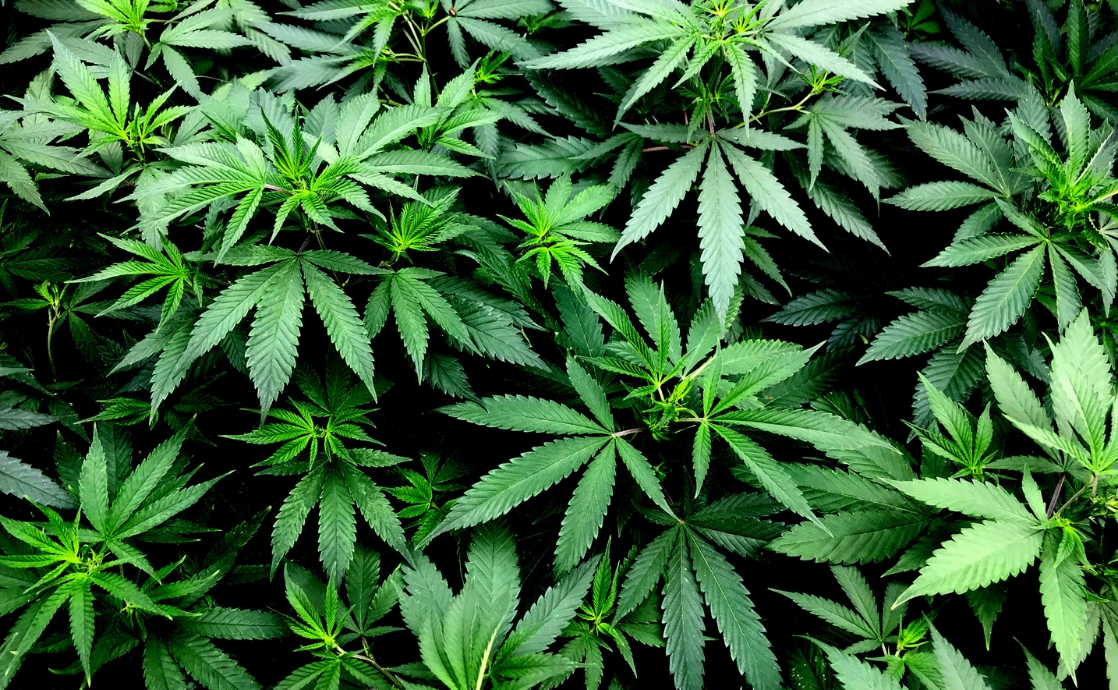The views expressed in our content reflect individual perspectives and do not represent the authoritative views of the Baha'i Faith.
I get the question fairly often: how do Baha’is feel about drug use?
I know many people whose own encounter with drugs, either personally, through a loved one, or professionally, will forever influence their opinion that mind-altering substances should never be legalized. Conversely, many others feel that it makes sense to do so. Opinions come down hard on both sides of the question.
The Debate Over Legalizing Drugs
The con rationale insists that legalization will increase “gateway” use, thus opening the user to more dangerous drugs. Legalization opponents argue that use of mind-altering substances will increase crime, decrease public and workplace safety, negatively impact health, and affect work performance. The net result, they claim, will cost society both in productivity and dollars.
RELATED: The Link Between Trauma and Addictions
The pro rationale argues that legalizing drugs could be economically beneficial. One libertarian study estimates that legalizing drugs could save about $41.3 billion annually in enforcement costs alone, and produce another $46.7 billion in higher tax revenues. The study claims that state, local and the federal government would all benefit financially, balancing budgets and erasing massive fiscal deficits.
Many of the pro and con arguments revolve around the issue of money, which means the ultimate decision for legalization may depend on what drug policies can save or generate the most income.

How Drugs Affect the Soul
Material arguments predominate in the press, with spiritual considerations left to our houses of worship. The all-too-visible human wreckage seems to lack, for many, the power to prevent use. Without specific and clear spiritual education, however, some people view the consequences of use through the eyes of “now,” without considering an eternal future.
RELATED: Opioids and the Loss of a Child: Heartened through Heartbreak
The Baha’i Faith offers a clear and consistent vision on this subject. For Baha’is, the question isn’t a legal one — instead, it centers on the life of the human spirit. Baha’is simply avoid mind-altering chemicals, including alcohol and other drugs. Baha’u’llah begins:
Beware of using any substance that induceth sluggishness and torpor in the human temple and inflicteth harm upon the body. We, verily, desire for you naught save what shall profit you…
Abdu’l-Baha, writing about the use of hashish and the opiates, adds:
Regarding hashish . . . Gracious God! This is the worst of all intoxicants, and its prohibition is explicitly revealed. Its use causeth the disintegration of thought and the complete torpor of the soul. How could anyone seek the fruit of the infernal tree, and by partaking of it, be led to exemplify the qualities of a monster?
How could one use this forbidden drug, and thus deprive himself of the blessings of the All-Merciful? Alcohol consumeth the mind and causeth man to commit acts of absurdity, but this opium, this foul fruit of the infernal tree, and this wicked hashish extinguish the mind, freeze the spirit, petrify the soul, waste the body and leave man frustrated and lost.
Baha’is believe that drug and alcohol use can have serious health implications – but that the spiritual impact is potentially much greater. Abdu’l-Baha cautions us:
As to opium, it is foul and accursed. God protect us from the punishment He inflicteth on the user. According to the explicit Text of the Most Holy Book, it is forbidden, and its use is utterly condemned. Reason showeth that smoking opium is a kind of insanity, and experience attesteth that the user is completely cut off from the human kingdom.
May God protect all against the perpetration of an act so hideous as this, an act which layeth in ruins the very foundation of what it is to be human, and which causeth the user to be dispossessed for ever and ever. For opium fasteneth on the soul so that the user’s conscience dieth, his mind is blotted away, his perceptions are eroded. It turneth the living into the dead. It quencheth the natural heat. No greater harm can be conceived than that which opium inflicteth. Fortunate are they who never even speak the name of it; then think how wretched is the user.
He reminds us that the use of the opiates is not the only pitfall when he says “the user, the buyer and the seller are all deprived of the bounty and grace of God.”
The heated legalization debate continues for now and for the immediate future. However, wisdom dictates that we factor a new voice, the voice of Baha’u’llah, into our personal decision making. His instruction raises a very important question: When we consider the use of a mind-altering chemical that has the ability to “petrify the soul,” can money ever be the only issue?
How much is your soul worth? Would there ever be enough money to buy it? If you follow the guidance of the Baha’i writings on the use of mind-altering substances, you may never have to ask yourself those hard questions.
You May Also Like
Comments

















.
Our spiritual journey is the best thing we will ever do.
First, there seems to be confusion about the very subject we are addressing, so I want to clarify. Hashish and marijuana originate from the female cannabis plant and contain the same active substance. What is different about each is how the plant is processed. Hashish, the strongest, is the compacted resin of the plant. Marijuana is derived from the dried plant leaves and flowers. Strength can vary depending on whether ...the upper or middle part of the plant is used. Opium, morphine, heroin, and codeine are produced from a completely different plant, the opium poppy. (continued)